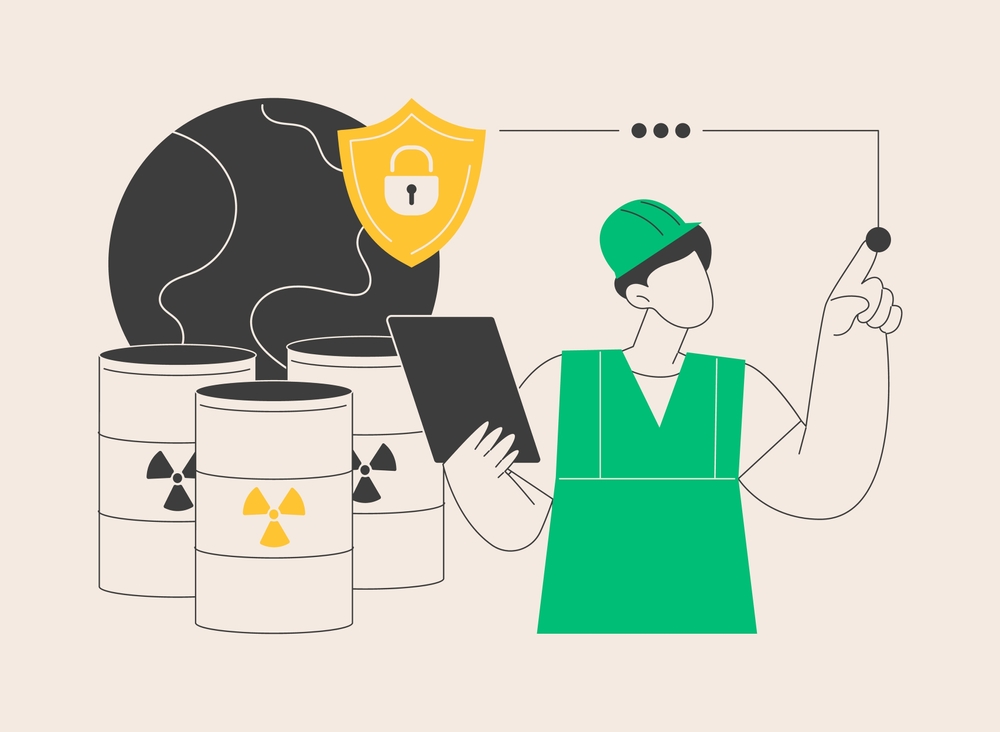Safe disposal of waste refers to the systematic and environmentally sound management of waste materials to prevent harm to human health and the environment. Proper waste disposal plays a pivotal role in public health, environmental conservation, and resource sustainability. This comprehensive guide explores the principles, methods, and benefits of safe waste disposal, providing actionable insights for individuals, organizations, and governments.
Why is Safe Disposal of Waste Important?
Effective waste disposal is essential for several reasons:
- Protects Public Health: Reduces risks associated with exposure to hazardous substances and prevents the spread of diseases.
- Preserves the Environment: Minimizes pollution of air, water, and soil.
- Conserves Resources: Encourages recycling and reuse, reducing the depletion of natural resources.
- Supports Economic Sustainability: Promotes resource efficiency and reduces waste management costs.
Principles of Safe Waste Disposal
1. Waste Hierarchy (3Rs)
The waste hierarchy guides waste management strategies:
- Reduce: Minimize waste generation by adopting efficient consumption habits.
- Reuse: Extend the lifecycle of products by finding new uses for items.
- Recycle: Convert waste materials into new products to reduce the demand for raw materials.
2. Polluter Pays Principle
The entities generating waste bear the responsibility for its proper disposal, including associated costs.
3. Precautionary Principle
Preventive measures must be taken to avoid environmental harm, even if some risk factors are not fully understood.
Methods of Safe Disposal of Waste
1. Waste Segregation
Definition: Separating waste into categories such as recyclable, organic, and hazardous.
| Category | Examples | Treatment Method |
| Recyclable | Paper, plastics, metals | Recycling |
| Organic | Food scraps, garden waste | Composting |
| Hazardous | Batteries, chemicals, e-waste | Specialized disposal |
Benefits:
- Facilitates appropriate treatment.
- Reduces contamination of recyclable materials.
2. Recycling and Reuse
Recycling involves processing materials like paper, glass, and metals into new products. Reuse focuses on repurposing items to extend their utility.
Advantages:
- Conserves natural resources.
- Reduces landfill waste.
- Cuts down on energy usage in production processes.
3. Composting
Process: Organic waste decomposes under controlled conditions to produce nutrient-rich compost.
Applications:
- Natural fertilizer in agriculture and gardening.
Environmental Impact:
- Reduces methane emissions from landfills.
- Enhances soil quality.
4. Incineration
Definition: High-temperature combustion reduces waste volume by up to 90%.
Benefits:
- Generates energy (Waste-to-Energy or WTE).
- Minimizes landfill dependency.
Challenges:
- Requires advanced emissions control systems.
5. Landfilling
Modern Landfills: Equipped with liners, leachate collection systems, and methane gas recovery to mitigate environmental impact.
| Feature | Purpose |
| Liners | Prevent soil contamination |
| Leachate Systems | Manage toxic liquid runoff |
| Methane Capture | Reduce greenhouse gas emissions |
6. Hazardous Waste Management
Specialized Techniques:
- Chemical Treatment: Neutralizes toxic components.
- Secure Landfilling: Isolates hazardous waste from the environment.
- Incineration: Safely burns hazardous materials.
7. E-Waste Disposal
Challenges:
- Contains toxic substances like lead and mercury.
- Recycling requires advanced technology to extract valuable materials.
Solutions:
- Specialized e-waste recycling programs.
- Regulatory compliance for proper handling and disposal.
8. Medical Waste Disposal
Techniques:
- Autoclaving: Sterilizes waste with high-pressure steam.
- Incineration: Burns contaminated materials.
- Secure Landfilling: Safely isolates biohazardous waste.
9. Waste-to-Energy (WTE)
Concept: Converts non-recyclable waste into energy forms like electricity or heat.
Benefits:
- Reduces landfill volume.
- Provides renewable energy sources.
Considerations:
- Requires stringent emission controls to prevent pollution.
Environmental and Health Impacts of Improper Waste Disposal
Environmental Consequences
- Water Contamination: Leachate from improperly managed waste pollutes water sources.
- Air Pollution: Incineration without controls releases harmful gases.
- Soil Degradation: Hazardous waste affects soil fertility.
Health Risks
- Toxic Exposure: Improper handling of hazardous and medical waste poses risks to human health.
- Disease Spread: Accumulated waste creates breeding grounds for pests and pathogens.
Wildlife Harm
- Animals ingest harmful materials, causing injury or death.
Technologies Enhancing Waste Management
| Technology | Function |
| Smart Bins | Use sensors to monitor waste levels |
| AI Sorting | Automates sorting in recycling facilities |
| Biogas Systems | Converts organic waste into energy |
Regulatory Frameworks for Waste Disposal
International Guidelines
- Basel Convention: Controls hazardous waste movement across borders.
- Stockholm Convention: Focuses on managing persistent organic pollutants.
National Regulations
Countries establish laws tailored to their environmental and economic contexts to ensure safe waste disposal.
How Communities Can Contribute
Public Education:
- Awareness campaigns about proper waste segregation and recycling.
Community Initiatives:
- Local recycling programs.
- Composting drives.
Consumer Responsibility:
- Choose products with minimal packaging.
- Support businesses with sustainable waste practices.
Conclusion
Safe disposal of waste is a critical aspect of sustainable development. By adopting proper waste management practices—including waste segregation, recycling, composting, and adhering to regulations—we can mitigate health risks, reduce environmental pollution, and conserve resources. Governments, industries, and communities must collaborate to build an efficient and eco-friendly waste management system that benefits future generations.

Leave a Reply